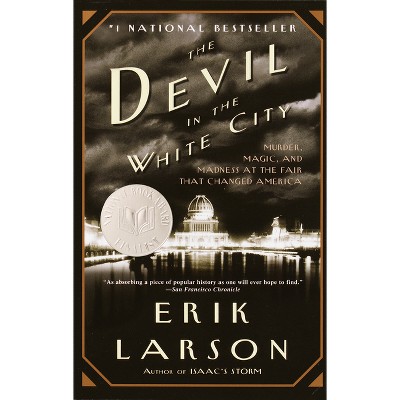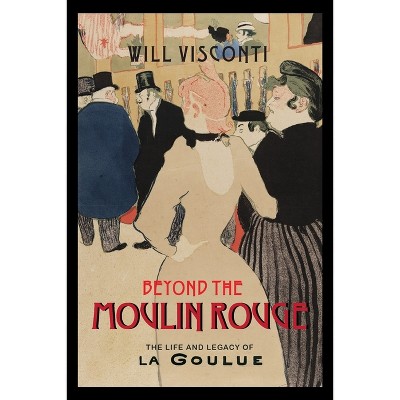Lame Captains and Left-Handed Admirals - (Peculiar Bodies) by Teresa Michals

About this item
Highlights
- Throughout the Revolutionary and Napoleonic Wars, the Royal Navy had a peculiar problem: it had too many talented and ambitious officers, all competing for a limited number of command positions.
- About the Author: Teresa Michals is Associate Professor of English at George Mason University.
- 288 Pages
- History, World
- Series Name: Peculiar Bodies
Description
About the Book
"Lame Captains and Left-Handed Admirals: Amputee Officers in Nelson's Navy focuses on the lives and careers of three amputee officers: Admiral Sir Michael Seymour, Admiral Sir Watkin Owen Pell, and Admiral Sir James Alexander Gordon. Bringing together military disability and the social history of the Royal Navy, this book examines how active-duty amputee officers attended to the difference between ideals of masculinity and military heroism, and the realities of military service"--Book Synopsis
Throughout the Revolutionary and Napoleonic Wars, the Royal Navy had a peculiar problem: it had too many talented and ambitious officers, all competing for a limited number of command positions. Given this surplus, we might expect that a major physical impairment would automatically disqualify an officer from consideration. To the contrary, after the loss of a limb, at least twenty-six such officers reached the rank of commander or higher through continued service. Losing a limb in battle often became a mark of honor, one that a hero and his friends could use to increase his chances of winning further employment at sea.
Lame Captains and Left-Handed Admirals focuses on the lives and careers of four particularly distinguished officers who returned to sea and continued to fight and win battles after losing an arm or a leg: the famous admiral Lord Horatio Nelson, who fought all of his most historically significant battles after he lost his right arm and the sight in one eye, and his lesser-known fellow amputee admirals, Sir Michael Seymour, Sir Watkin Owen Pell, and Sir James Alexander Gordon. Their stories shed invaluable light on the historical effects of physical impairment and this underexamined aspect of maritime history.
Peculiar Bodies: Stories and Histories
Review Quotes
The evidence for behooked pirates in the long eighteenth century [is] virtually nil. The evidence for pervasive maritime limb loss, though, is well beyond dispute; but since it turns out that Captain Hook was an invention, we do not have a strong paradigm for understanding the symbolic weight of amputation for status, masculinity, and even the differences between life on land and at sea. Lame Captains and Left-Handed Admirals is a most welcome and most interesting entry into these studies.-- "Eighteenth-Century Studies"
In Lame Captains and Left-Handed Admirals, her forthcoming book, Michals explores how the world's greatest military force came to rely on dozens of limb-different officers. Far from being marginalized or relegated to desk duty, these figures rose in stature and authority because--not in spite--of limb loss.
-- "Amplitude Magazine"Michals takes an understudied topic in naval history and connects it to a broader historiography of disability, and she does so creatively and effectively.
--Evan Wilson, U.S. Naval War College, author of A Social History of British Naval Officers, 1775-1815About the Author
Teresa Michals is Associate Professor of English at George Mason University.
Shipping details
Return details
Trending History











